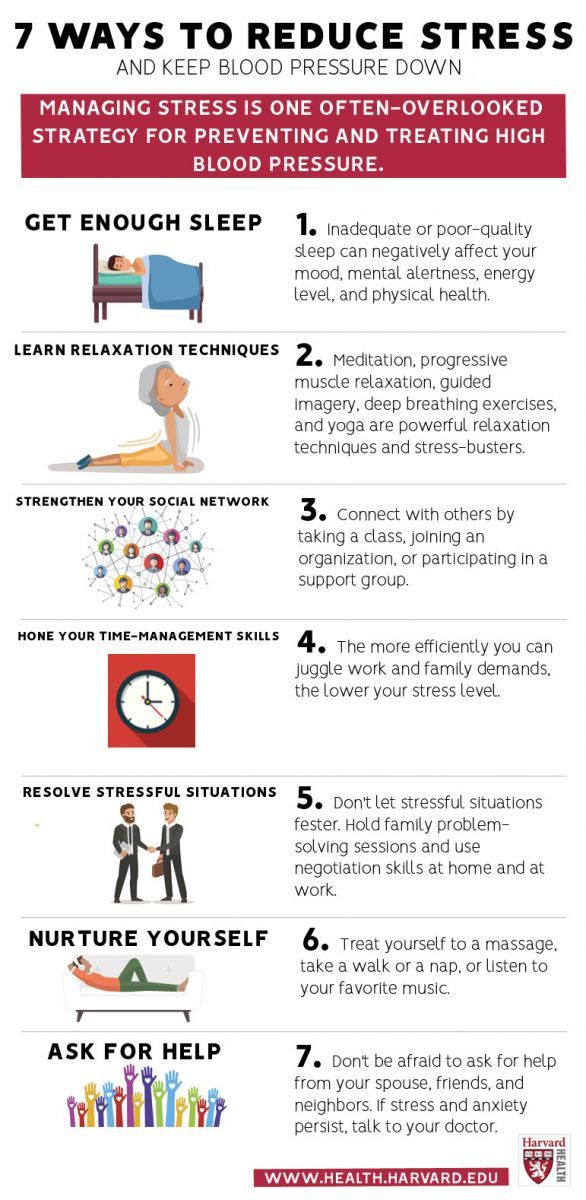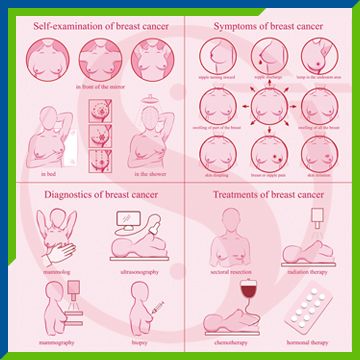Managing High Blood Pressure in Women
High blood pressure, also known as hypertension, is a common condition that affects millions of people worldwide. It can lead to serious health complications if left untreated, including heart disease, stroke, and kidney failure. Women, in particular, are at a higher risk of developing high blood pressure due to factors such as hormonal changes, pregnancy, and menopause.
Understanding the Causes of High Blood Pressure in Women
There are several factors that can contribute to high blood pressure in women, including:
Family history: Women with a family history of high blood pressure are more likely to develop the condition themselves.
Obesity: Being overweight or obese can increase a woman’s risk of developing high blood pressure.
Physical inactivity: Lack of exercise can lead to high blood pressure in women.
Stress: High levels of stress can contribute to high blood pressure in women.
Managing High Blood Pressure through Lifestyle Changes
There are several lifestyle changes that women can make to help manage their high blood pressure, including:
Healthy diet: Eating a balanced diet that is low in sodium and rich in fruits, vegetables, and whole grains can help lower blood pressure.
Regular exercise: Engaging in regular physical activity, such as walking, swimming, or cycling, can help lower blood pressure.
Stress management: Finding healthy ways to manage stress, such as deep breathing exercises or meditation, can help lower blood pressure.
Weight management: Maintaining a healthy weight through diet and exercise can help lower blood pressure.
Medical Treatments for High Blood Pressure in Women
In addition to lifestyle changes, there are several medical treatments available to help manage high blood pressure in women, including:
Medication: There are several types of medications available to help lower blood pressure, including diuretics, beta-blockers, and ACE inhibitors.
Monitoring: Regular blood pressure monitoring by a healthcare provider can help track changes in blood pressure and adjust treatment as needed.
Dietary supplements: Some women may benefit from taking dietary supplements, such as potassium or magnesium, to help lower blood pressure.
Conclusion
High blood pressure is a common condition that can have serious health consequences if left untreated. Women are at a higher risk of developing high blood pressure due to various factors, but by making lifestyle changes and seeking medical treatment, it can be effectively managed. By following a healthy diet, engaging in regular exercise, managing stress, and monitoring blood pressure levels, women can take control of their health and reduce their risk of complications related to high blood pressure.
Remember to consult with a healthcare provider before making any significant changes to your lifestyle or starting a new medical treatment regimen.


